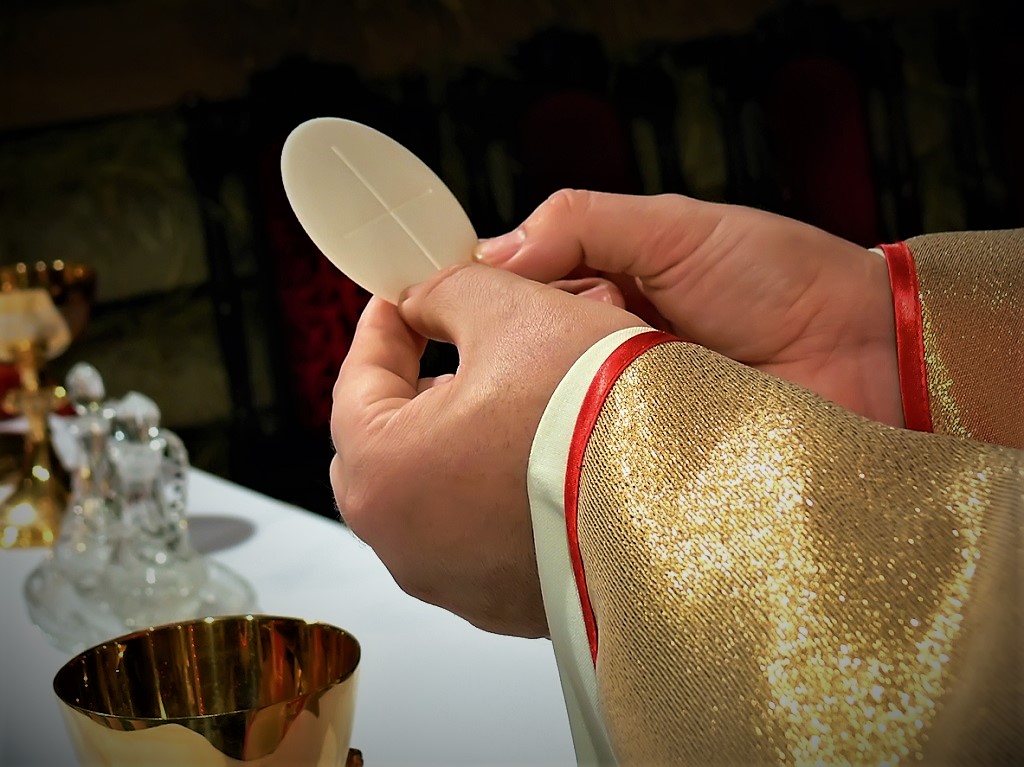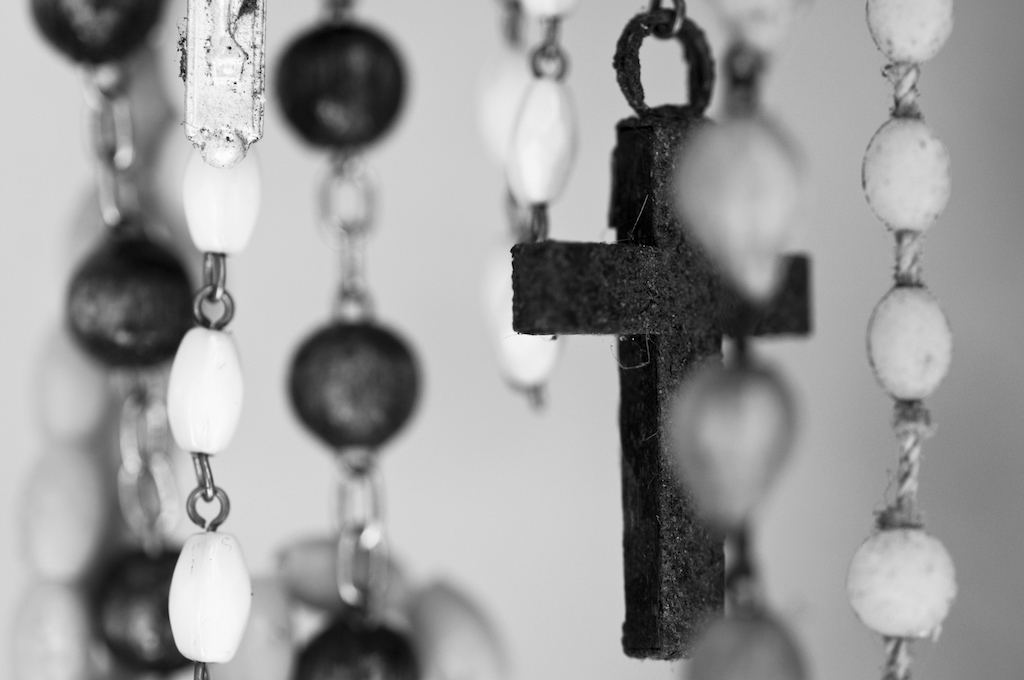What strange and wonderful days these are, these days between the Resurrection of Christ and His Ascension! He lives, yet is clearly in a bodily form that is not instantly recognizable. He bears the wounds of His crucifixion, yet is able to walk and talk and eat with the Apostles.
There is a sense of urgency. From the moment Mary Magdalen rushed from the empty tomb to tell the Apostles that the Lord was not there, to the men on the road to Emmaus who hustled out to find the Apostles and tell them that they had seen the Lord, to Christ’s compelling promise that, as He left, He would send the Spirit to them. As writer and priest Henri Nouwen says, “Everything has changed.”
We can only imagine the wonder of the Apostles. They were lifted from the very depths of despair as their Master was tortured and killed, and they themselves hid in terror. Yet, now: everything has changed. There is hope and life and joy and awe.
There is something else. On the night before his death, Jesus broke bread and shared wine with the twelve, telling them this was the New Covenant and calling them to share this meal “in memory of me.” Christ was calling them (and us!) not just to a meal, but to a way of life – the Eucharistic life. Again, Henri Nouwen:
The Eucharistic celebration has summarized for us what our life of faith is all about, and we have to go home to live it as long and fully as we can. And this is very difficult, because everyone at home knows us so well: Our impatience, our jealousies, our resentments, and our many little games …
Yet, we forge on. Like the two men on the road to Emmaus who suddenly realized “This is the Christ!” we should be compelled to rush out and share the news with our friends, our family, our community. We should be, as Nouwen points out, on a mission.
The Eucharist is always a mission. The Eucharist that has freed us from our paralyzing sense of loss and revealed to us that the Spirit of Jesus lives within us empowers us to go out into the world and to bring good news to the poor …
For Nouwen, these strange and wonderful days from Resurrection to Ascension flow from communion – that shared meal of Christ’s Body and Blood – to community (as the earliest Christians learns what their roles are to be within this New Covenant) to mission. They come together, they pray, they eat and drink as the Lord directed, they go out and share.
As we continue to celebrate this Easter season, it is good to meditate upon these forty days. How is the Resurrected Christ present to us, to you, to me? Do we recognize Him in the Eucharist? When we are sent forth at the end of Mass, where do we go? What do we do? With whom do we share the Good News? The strange and wonderful days between Easter and Ascension deserve our prayerful attention.
[Quotes from Nouwen are from his book, With Burning Hearts: A Meditation on the Eucharistic Life.]
 Elise Hilton is an author, blogger and speaker. Her role at Diocesan Publications is Editor & Writer with the Marketing Team. She has worked in parish faith formation and Catholic education for over 30 years. A passionate student of theology, Elise enjoys sharing her thoughts on parish communication, the role of social media in the Church, Franciscan spirituality and Catholic parenting. To enquire about booking her as a speaker, please contact her at ehilton@diocesan.com.
Elise Hilton is an author, blogger and speaker. Her role at Diocesan Publications is Editor & Writer with the Marketing Team. She has worked in parish faith formation and Catholic education for over 30 years. A passionate student of theology, Elise enjoys sharing her thoughts on parish communication, the role of social media in the Church, Franciscan spirituality and Catholic parenting. To enquire about booking her as a speaker, please contact her at ehilton@diocesan.com.




